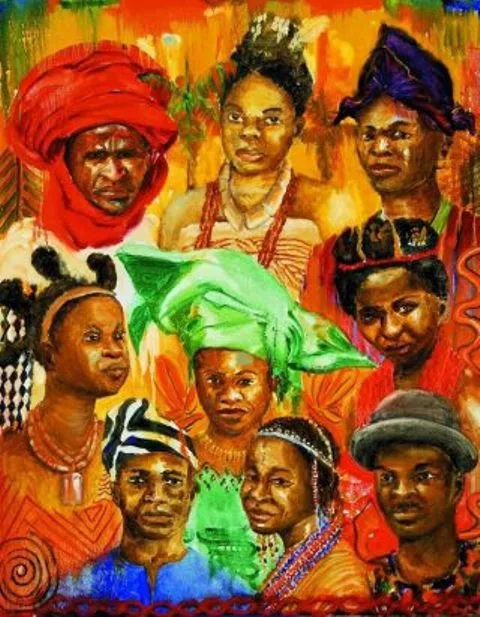The Relationship Among The Three Tiers of Government in Nigeria
The Relationship Among The Three Tiers of Government in Nigeria Explained
The three tiers of government in Nigeria includes the federal, state and local. A federation is an association or a union of autonomous states that come together for the purpose of enhancing better relationship or improving their common good. This presupposes that it is imperative for the component states and the central government to co-operate so as to realize the common good of which they crave for.

The first area of cooperation or relationship among the three tiers of government in Nigeria is the area of power sharing. As it has been noted earlier above, exclusive list belong to the federal government, concurrent list to both federal and state while the residual is strictly for the states. Sometimes responsibilities are shifted among the tiers of government. For instance primary education which is exclusive area of the states are sometimes taken up by the federal government or the local government.
Another area of common relationship among the three tiers of government is the area of revenue sharing or allocation. When responsibility and powers shifts from one tier or government to the other, it becomes apparently necessarily that revenue sharing to back the new responsibility. There are certain taxes that are collected by one tier of government on behalf of another tiers of government.
The constitution empowers the federal government to make legislation on local government matters. Such matters includes, creation, evolution of powers and functions and the procedure for revenue allocation which may be direct from the source (federation account) or through the state house of assembly also could enact, in fact do enact laws that assign duties and responsibilities to the local government.
In the Nigerian federation, each tier of government has its own executive branch (including its own bureaucracy), legislature, and judiciary. Each level operates relatively autonomously. However, years of military rule, with its hierarchical character, seem to have robbed the current federation of its pyramidal structure.
The federal government carries out functions that many Nigerians do not consider to belong to it. Some Nigerians have argued that the excessive centralization of political and financial powers under military regimes has encouraged the federal government to take adventurous excursions into areas such as rural development (e.g., bore holes) and culture.
While operators of the Nigerian federation have described it as “cooperative federalism” (and does demonstrate such traits), it is politically and financially dominated by the federal government. Under the distribution of powers in the 1999 Constitution Nigeria is a centralized federation with strong unitary elements.
Currently, there are complaints about the over-centralization of power in the federal government (the product of long periods of military rule). This school of thought has argued that, if Nigeria wants to practise “true federalism,” then it should go back to its 1963 Constitution. Yet there are centrists who continue to support a very strong federal government in order to counter Nigeria’s history of political instability and civil war.

True facts